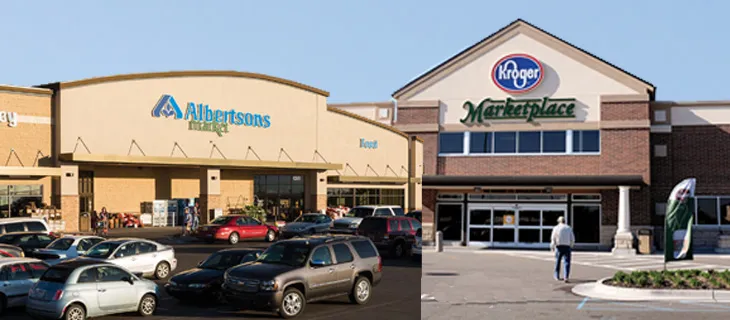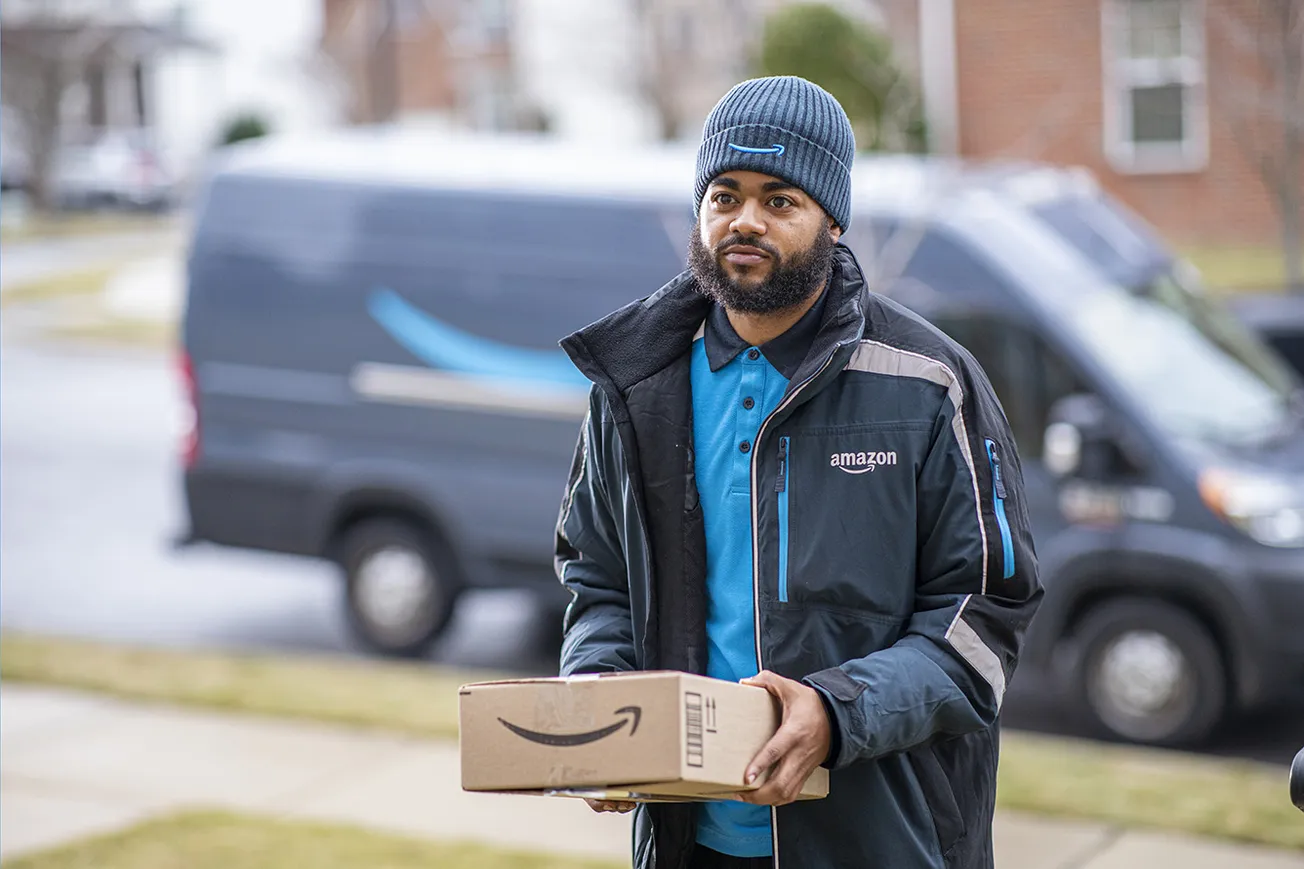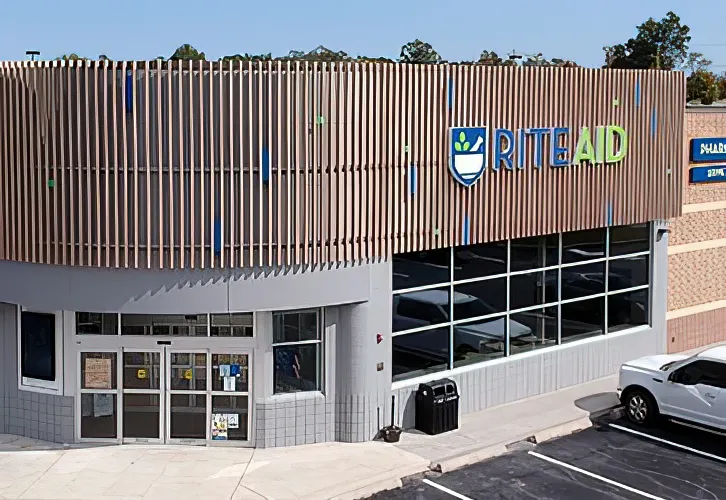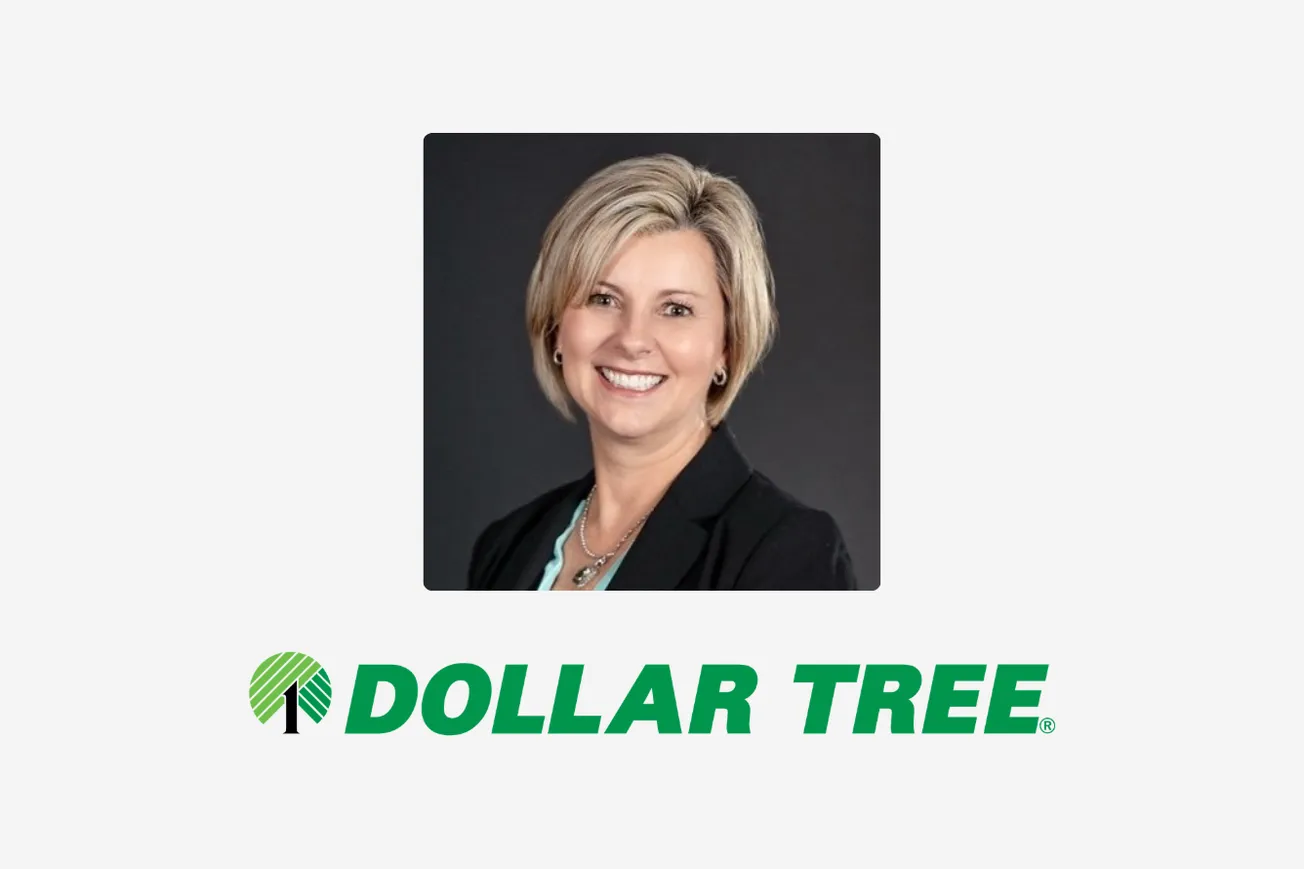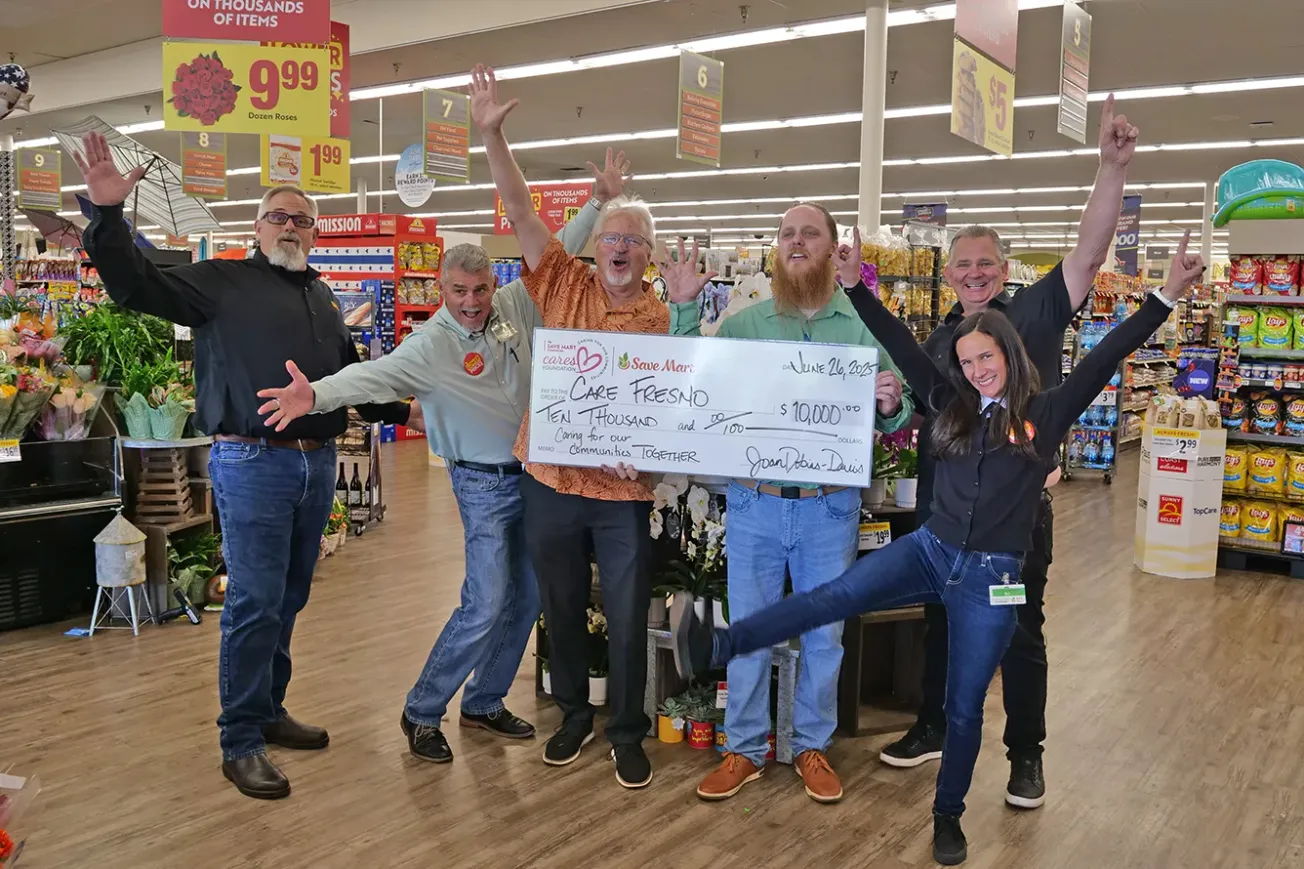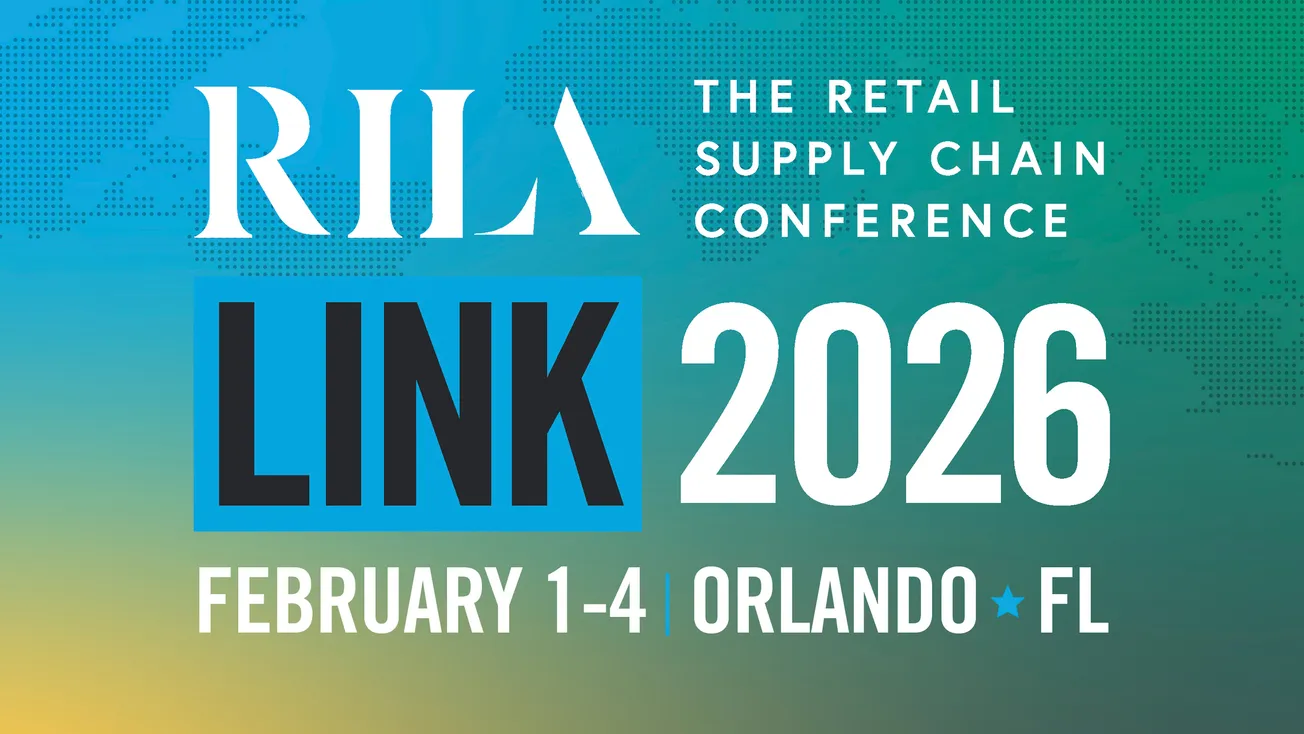In stepping up as the buyer of any and all grocery stores that would be divested to allow one of the largest retail mergers in the nation’s history to proceed, C&S Wholesale Grocers is drawing attention to the retail side of its business.
Industry insiders are likely more familiar with C&S’s prominence as a supplier of perishables and center-store merchandise to food retailers, or as a provider of supply-chain solutions and other retail services.
The Keene, N.H.-based company also operates 160 food stores, most of which are Piggly Wiggly stores in the Midwest and the Carolinas, and it franchises the Piggly Wiggly brand to independent owners nationwide.
C&S’s store count could quintuple overnight if antitrust regulators at the Federal Trade Commission stipulate store divestitures as a condition for their approval of Kroger’s $25 billion bid for Albertsons Cos., a takeover of the nation’s second-largest traditional supermarket chain by its largest, giving Kroger nearly 5,000 stores before an undetermined number of divestitures.
Kroger last week announced it had reached a definitive agreement with C&S by which C&S acquires 413 stores in 17 states and the District of Columbia, and Kroger receives an all-cash consideration of approximately $1.9 billion upon fulfillment of customary closing conditions, including FTC clearance of the Albertsons deal.
Prior to closing, Kroger said, it may require C&S to purchase an additional 237 stores and an agreed-upon price if regulators require more divestitures.
In addition to the stores, C&S would get eight distribution centers, five private-label brands, three banners (QFC in the Pacific Northwest, Carrs in Alaska and Mariano’s Fresh Market in Chicago) plus exclusive licensing rights to the Albertsons name in Arizona, California, Colorado and Wyoming.
The distribution centers could be integrated into a network deployed by C&S to supply more than 7,500 independent supermarkets, chain stores, military bases and institutions with over 100,000 different products.
An opportunity for retail expansion
C&S hasn’t yet divulged details of its plans but said the stores would be supported by the company’s “best-in-class capabilities.” C&S said it is committed to retaining frontline employees and investing for growth, and it pledged to continue to recognize the union workforce and maintain all collective bargaining agreements.
“This is another exciting opportunity for C&S to expand into the retail market, which is an important component of our long-term growth,” said Eric Winn, who is set to become CEO on October 2 and is now the company’s chief operating officer.
C&S bought 12 stores from Tops Markets in 2021 when the latter grocer merged with the Price Chopper/Market 32 chain.
C&S was founded in 1918 by Israel Cohen and Abraham Siegel as a supplier to independent grocery stores. The company today is owned by Rick Cohen, grandson of Israel Cohen and New Hampshire’s richest resident, with a net worth estimated by Forbes at $16.2 billion. Most of the wealth comes from Symbotic, an artificial intelligence-enabled robotics company that Cohen founded in 2007 to serve the needs of his growing wholesale grocery business.
Cohen, 71, serves as Symbotic’s chairman and CEO. The Wilmington, Mass.-based company has grown into a leader in A.I.-enabled robotics technology for the supply chain, offering an end-to-end, A.I.-powered robotic and software platform that the company says “reinvents the warehouse” as a strategic asset for the world’s largest retail, wholesale, and food and beverage companies. Symbotic has a partnership with Walmart to automate its 42 regional distribution centers.
With $33 billion in annual revenue, C&S is one of the top-10 privately held businesses in the U.S., per Forbes. Cohen stepped down as CEO in early 2018 after nearly three decades in the role.
Appeasing regulators and employees
In announcing the divestiture plan last week, Kroger said the plan ensures no stores will close as a result of the merger and that all frontline associates will remain employed, a promise meant to appease regulators as well as employees at Safeway, Vons, Albertsons and other banners in the West wondering about the particulars of a possible transition to C&S.
“We look forward to welcoming our new employees into the C&S family of companies and leveraging C&S’s strong heritage of selection, value and customer service to continue our mission of keeping our communities fed,” added Mark McGowan, president of retail at C&S Wholesale Grocers.
Kroger’s and Albertsons’ biggest unions are opposing the merger, arguing that it would curtail grocery competition in many markets, leading to higher prices and lower wages. Suppliers, growers and shippers have voiced concerns about their ability to procure better than break-even prices following a deal that would enhance the combined company’s buying power.
And Democratic officials from seven states (Colorado, Arizona, Maine, Minnesota, New Mexico, Rhode Island and Vermont) addressed a letter last month to FTC chair Lina Khan urging her to reject the deal, which they said would give the combined company nearly a quarter of the U.S. food market. “We are strongly opposed to this merger and urge you to stop this corporate consolidation that is draining Americans of their hard-earned wages and livelihoods,” according to the letter from the secretaries of state.
Kahn, whose approval is needed, has written critically of the fallout from past supermarket mergers. In an academic paper written before her appointment at the FTC, Kahn labeled Albertsons’ acquisition of Safeway in 2014 “a spectacular failure,” and she has expressed qualms about divestitures as an antitrust remedy.
A ‘strong, viable competitor’ to take over the stores
Kroger CEO Rodney McMullen noted that the deal partners had sought out a strong, viable competitor to take over stores. “(After announcing the Albertsons deal), we embarked on a robust and thoughtful process to identify a well-capitalized buyer who will operate as a fierce competitor and ensure divested stores and their associates will continue serving their communities in the ways they do today,” McMullen said.
McMullen reiterated that he expects the deal to close in early 2024, and for the combined company to produce cost savings that will help Kroger compete with nontraditional grocers Amazon and Walmart.
Once approved, the buyout would provide a lucrative off-ramp for the investor group headed by private-equity giant Cerberus Capital Management that began investing in Albertsons in 2006, acquiring the stores and banners that now comprise Albertsons in a series of deals. After years of merging, consolidating, and upgrading the stores, the group took Albertsons public in a stock offering in 2021 but still control over 50% of the shares.


